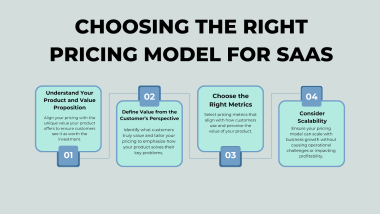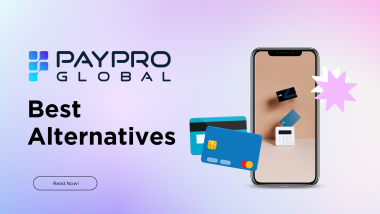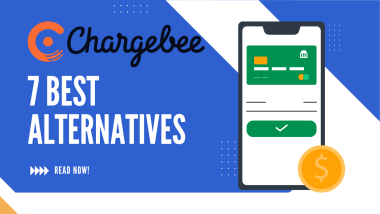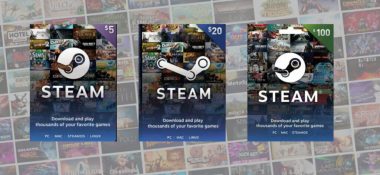Unpacking the Debate: What’s the Big Deal About Reselling on Steam?
How to resell games on Steam has been a hot topic for some time now. Why? Because it’s not just a simple transaction; it’s an action that affects everyone in the ecosystem, from gamers to developers. There are arguments from all sides, and it’s high time we broke down what’s what.
Who Should Care? Gamers, Developers, and Everyone In Between
So, who’s in the line of fire? Gamers, obviously, because they’re the ones doing the buying and potentially the selling. Developers? Absolutely. Their sales numbers can either shoot up or plummet, depending on how the reselling game is played. But there’s also the reselling platforms themselves and, well, anyone who’s got a stake in the gaming industry.
Steam 101: Understanding the Marketplace
By understanding the details of how Steam functions and generates income, both gamers and developers can make more informed decisions when navigating this expansive digital marketplace.
The Steam Ecosystem: A Quick Rundown

Steam is a massive digital distribution platform. Here, you can buy games, in-game items, and even software. What sets Steam apart is its extensive range of features aimed to keep users engaged. The platform comes with its own Community Market for trading in-game items.
The Steam experience is enhanced by its community features. Users can join game-specific groups, participate in forums, and share content like screenshots or videos. All of this combines to create a gaming community.
How Steam Generates Revenue: Breaking Down the Business Model
When it comes to revenue, Steam has a well-thought-out model that benefits both the platform and the developers who publish their games on it. The most straightforward way Steam makes money is by taking a 30% cut of the sales generated on the platform.
But that’s not the only way Steam fills its coffers. The platform also makes money from in-game purchases and the Community Market transactions.
By offering a multitude of services and community engagement features, Steam keeps users invested in the ecosystem, encouraging them to make more purchases and, by extension, generate more revenue for the platform.
The Official Word: Steam’s Policies on Reselling
The Fine Print in Steam’s Terms of Service

Steam’s TOS is pretty clear: you technically don’t “own” the games you buy; you own a license to play them. This may sound like splitting hairs, but it’s a crucial distinction that has a significant impact on the legality of reselling games. Essentially, this means you’re not free to treat the game as your property in the way you could a physical item like a book or a DVD.
What Does Steam Say About Third-Party Sales?
Now, you may be wondering, can you resell these game licenses? Well, Steam’s official stance is a resounding “no.” Their policy states that reselling your keys on third-party platforms is not allowed. However, it’s an open secret that this does happen. There are numerous platforms and forums where people trade or sell their Steam keys, but doing so is technically against Steam’s TOS and could lead to the deactivation of the game or even your Steam account.
Steam’s policies on reselling are clear-cut: it’s not permitted.
But the gaming community often finds its own routes around these restrictions. If you choose to venture into this landscape, proceed with caution and be fully aware of the potential risks involved. Steam does monitor for such activities, and getting caught could result in penalties that range from losing access to a particular game to getting your account suspended.
So, consider yourself warned.
What Gamers Need to Know About Reselling on Steam
The Perks: Why Buying Resold Steam Keys is Attractive
If you’re a gamer looking to expand your digital library, resold Steam keys can be an appealing option. The primary benefit here is financial; resold keys are often available at a fraction of the retail price. Whether you’re a budget-conscious student or simply someone who loves a good deal, this could be an avenue worth exploring.
The Cautions: Risks and Downsides
But buyer beware. There are risks involved, from buying fraudulent keys to having your Steam account suspended.
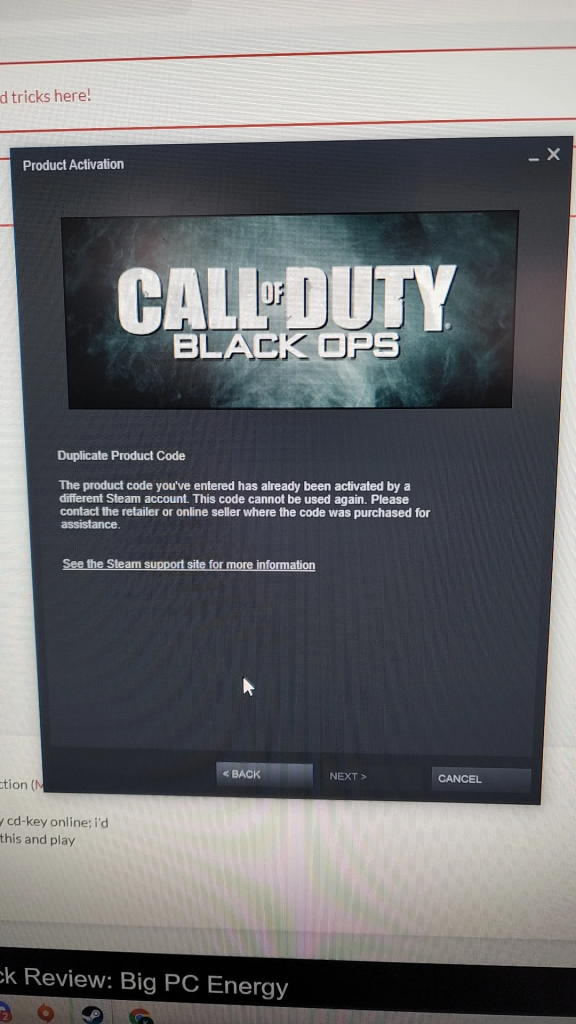
Another risk to consider is the source of the key. Some third-party platforms have been implicated in illegal or unethical activities, including credit card fraud and other shady practices.
Due Diligence: How to Stay Safe
To minimize risks, it’s essential to do your homework before making a purchase. Check reviews and ratings for third-party sellers and platforms. Look for testimonials from other gamers who have successfully purchased keys. Trustworthiness is key in these transactions—pun intended.
The Developer’s Perspective: To Allow or Not to Allow
Should developers allow or disallow the reselling of their game keys? There’s no one-size-fits-all answer. The impact of reselling can vary widely depending on the size of the studio, the type of game, and the business model.
Why Some Developers Don’t Mind Reselling
From a game developer’s point of view, the resale market isn’t necessarily all bad. One major upside is increased exposure. When a game key is resold, it’s almost guaranteed to be activated and played, rather than sitting unused in someone’s digital library. In this scenario, more players engage with the game, talk about it, and may even purchase in-game content or sequels later. This kind of organic reach can be particularly beneficial for indie developers, who might not have big marketing budgets.
The Downside: When Reselling Becomes a Problem
However, not all developers see reselling in a positive light, and for some very legitimate reasons. The most obvious issue is financial. When a game is resold, the developer sees none of that second-hand sale revenue. This can be a particularly sore point for smaller studios or solo developers who rely heavily on each sale.
Another concern is the undermining of pricing strategies. Developers often use sales and discounts strategically to boost game sales at different points in a game’s lifecycle. The resale market can throw a wrench in these plans, offering discounted rates year-round, which can cannibalize these planned sales events.
The Real Impact: Balancing Exposure and Revenue
The real question for developers is how to balance the potential increased exposure from resold games against the financial drawbacks. For some, the answer may lie in offering substantial in-game purchases or additional paid content, converting those second-hand players into first-hand customers for the next in-game item or sequel.
Grey Markets: Where Do They Fit in Steam’s World?

Defining the Grey Market in the Context of Steam
When talking about reselling on Steam, you can’t ignore the elephant in the room: grey markets. These are online platforms that sell game keys in a way that’s not technically illegal, but isn’t officially sanctioned by Steam either. They operate in the shadowy area between fully legitimate operations like Steam itself and the black market.
Red Flags and Warning Signs: Identifying Questionable Deals
When navigating grey markets, vigilance is your best friend. If a deal looks too good to be true, it probably is. Extremely low prices can be an immediate red flag. Even if a key is legitimate, it might be region-locked, leaving you with a game you can’t play.
Also, be wary of sellers with few or no reviews. Reputable sellers will generally have a track record of satisfied customers, so an absence of reviews or a pattern of negative feedback can be warning signs.
Other red flags include a lack of secure payment options, a complicated or nonexistent return policy, and sketchy, inconsistent website design. Take the time to read through any available terms of service, and if a site seems to hide crucial information, that’s another warning sign.
The Bottom Line: Proceed with Caution
Grey markets are tempting. The allure of a discount is strong, but the risks are real. As a gamer, it’s crucial to weigh the pros and cons carefully. As a developer, it’s essential to understand how these markets operate to better protect your interests. Be aware, be informed, and proceed with caution.
Exploring Reselling Platforms: Your Alternatives to Steam
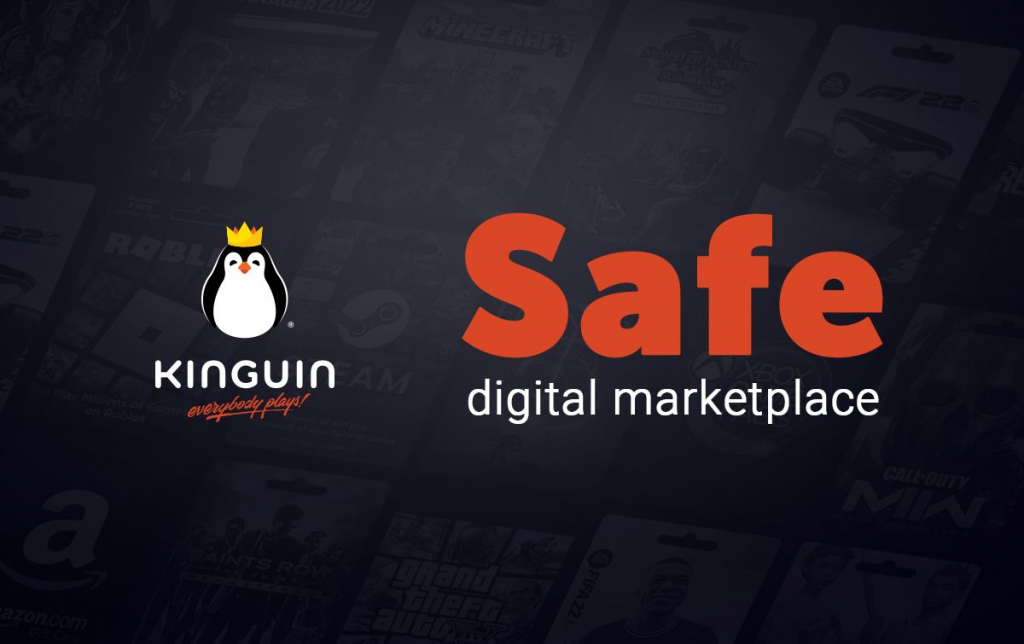
Third-Party Platforms: The Usual Suspects
When it comes to buying or selling Steam keys outside of Steam, several third-party platforms jump to mind. Websites like G2A, Kinguin, and even eBay have carved out a niche for themselves in this marketplace. They serve as intermediaries between the seller and the buyer, often providing a level of convenience that can be quite appealing.
The Landscape: How Third-Party Platforms Operate
Most of these platforms function as online marketplaces where sellers can list their Steam keys and buyers can browse the selections, much like a digital flea market. Sellers often set their own prices, and the platforms take a cut of each sale. The extent of verification and guarantees provided by the platform varies, and this is a crucial factor to consider.
Pros and Cons: Making an Informed Choice
When it comes to choosing a platform to buy or sell Steam keys, it’s crucial to consider what you value most. Are you willing to sacrifice a bit of profit for more security? Or are you willing to take on a bit more risk for the chance of a higher reward?
Security vs. Profit
Platforms like G2A offer a ‘Money-Back Guarantee,’ but they take a sizable cut of the sale, which means lower profit margins for the seller. On the flip side, websites with less oversight may offer higher profit potential, but they come with a higher risk of fraud or chargebacks.
Reputation
Look at user reviews and ratings to gauge the platform’s credibility. A good track record can offer some peace of mind.
User Experience
Some platforms offer better search functionalities, easier listing processes, or more responsive customer service. Little things can add up to a significantly better or worse experience.
Payment Options
A variety of payment options can be a big plus, especially for buyers. But beware of hidden fees that could eat into your profit or savings.
Do Your Homework
Selling or buying Steam keys on a third-party platform is not without its pitfalls. However, if you do your research and weigh the pros and cons carefully, you can navigate this landscape effectively.
FAQs: Your Burning Questions Answered
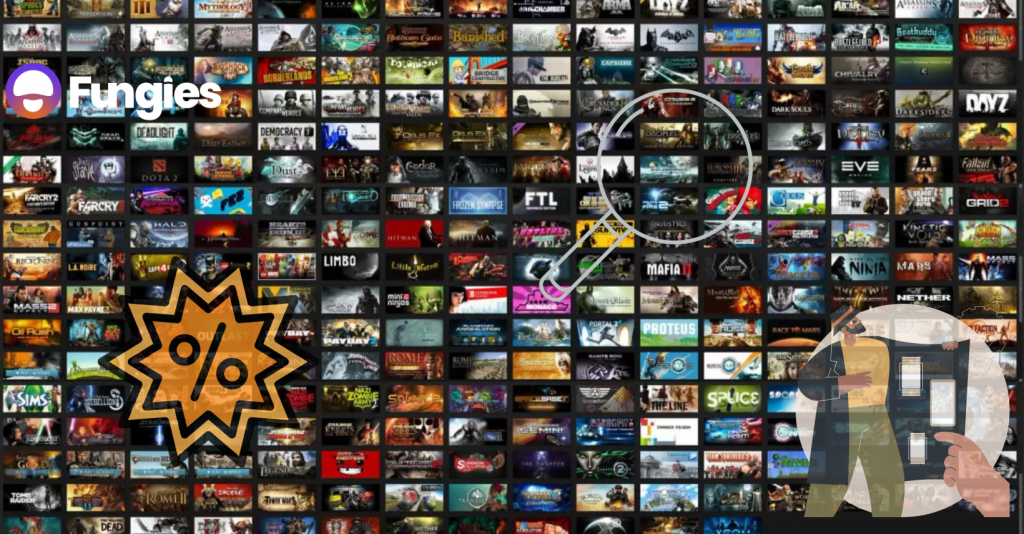
Can I Sell My Steam Games?
The short answer is, sort of. According to Steam’s Terms of Service, you don’t actually “own” the games you purchase. You own a license to play them. So, while you can’t sell the games directly from your Steam library, you can sell the Steam keys for those games.
How Do I Go About Selling My Steam Keys?
If you’re wondering how to actually go about selling your Steam keys, here’s a quick guide. First, you’ll need to choose a platform to sell them on, such as third-party websites like G2A or Kinguin. Next, list your Steam key, set your price, and wait for a buyer. Once the key is sold, you’ll receive your payment through the method provided by the platform.
Is Selling Steam Keys Legal?
Selling your own Steam keys isn’t technically against the law, but it is a grey area in terms of Steam’s own policies. Steam’s Terms of Service discourage it, so you are venturing into risky territory.
How Do I Avoid Scams When Buying Resold Keys?
Scams are a major concern in the realm of key reselling. To avoid them, only buy from reputable sellers on trusted platforms. Check the seller’s rating, read reviews, and consider opting for any buyer protection services the platform may offer.
Can I Sell My Entire Steam Account?
Selling your entire Steam account is a big no-no according to Steam’s Terms of Service. Doing so could result in the account being suspended or banned, so steer clear of this option.
Can I Sell In-Game Items?
Absolutely, but with caveats. Many games on Steam feature in-game marketplaces where you can sell items for Steam Wallet funds. However, these funds can’t be withdrawn and must be spent within the Steam ecosystem.
The Big Question—To Resell or Not to Resell?

Navigating the Steam reselling landscape is like trekking through a digital jungle—full of intriguing opportunities but fraught with potential pitfalls. But let’s cut to the chase: whether you’re tapping keys as a gamer or crunching code as a developer, the subject of Steam reselling is too significant to brush aside.
We’ve broken down the pros and cons, navigated the policies, and even delved into the grey market. The ball is firmly in your court. To make an informed decision, weigh these factors carefully. Perhaps even jot down a list of what matters most to you, be it cost savings, ethical considerations, or legal safety.
Ultimately, the choice to engage in Steam reselling is a personal one, laden with individual complexities. But remember, with great choice comes great responsibility. Whatever path you choose, make sure it aligns with your values, risk tolerance, and long-term goals.

